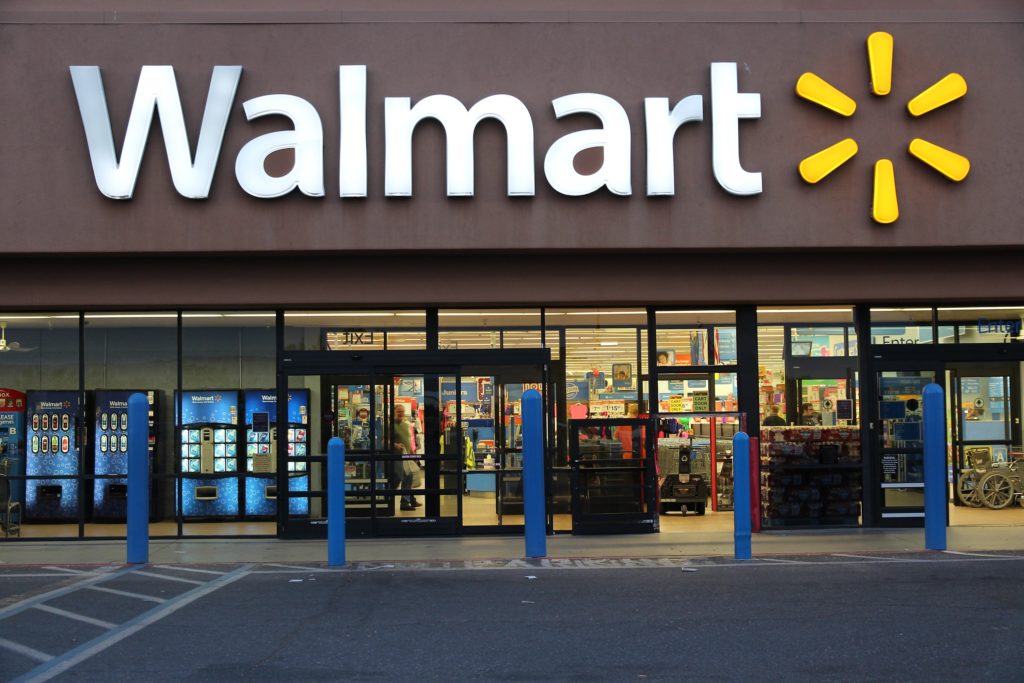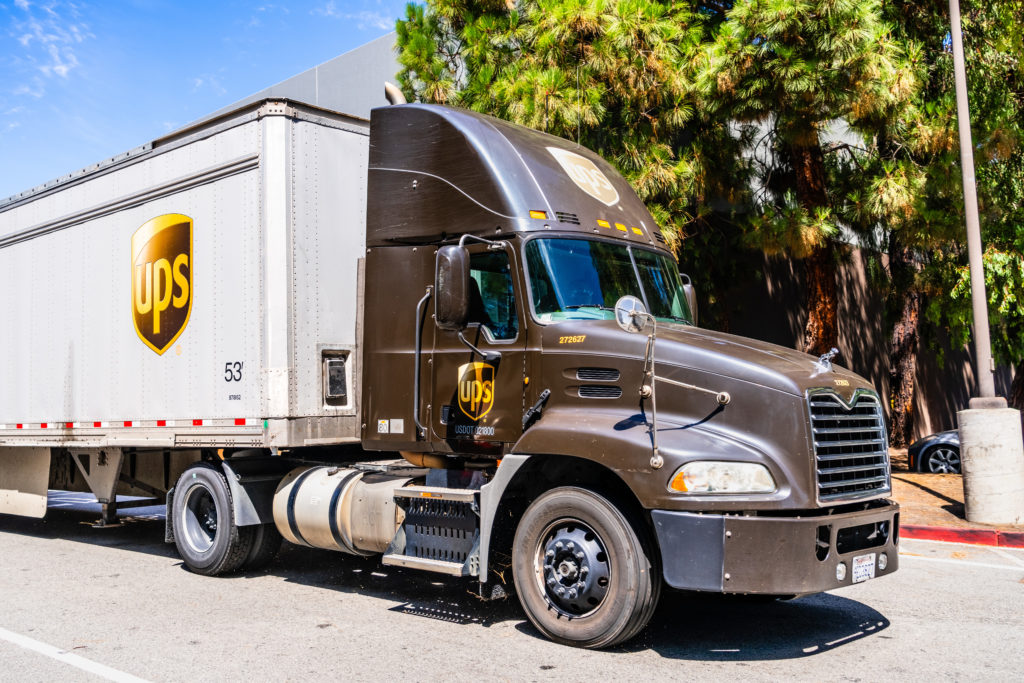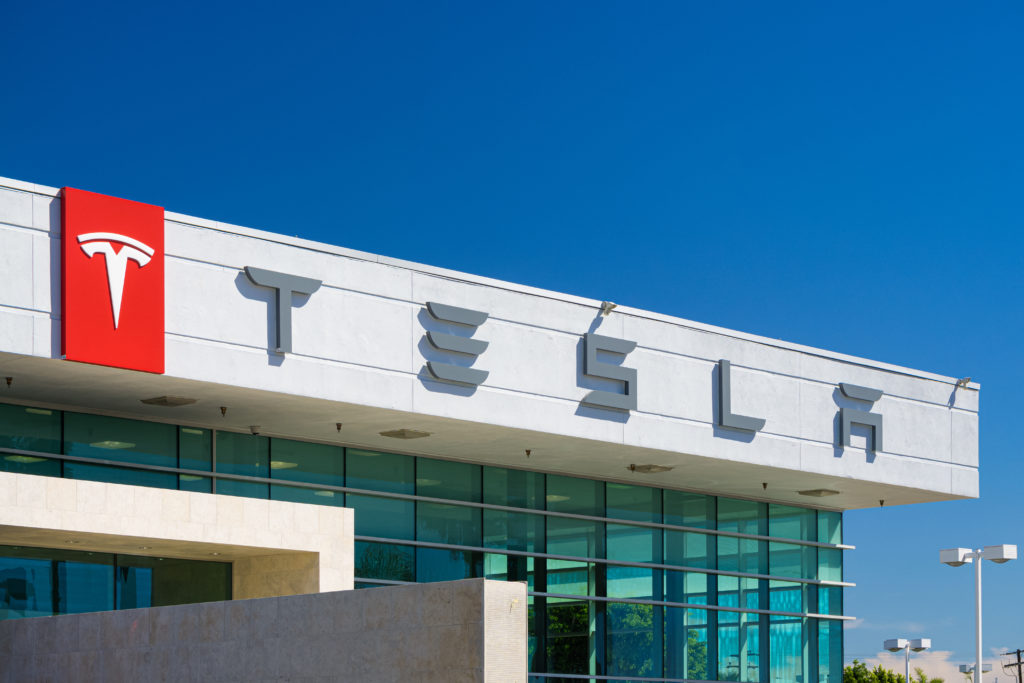
While trucker drivers serve on our front lives during this pandemic, many motor carriers, trucking companies, and political leaders are working on devising plans to provide substantial bonuses for these workers.
“All of our employees have gone above and beyond the call to action during this crisis,” said president and CEO of J.B. Hunt Transport Services Inc., John Roberts. “And nearly all of our field-level, front-line employees, and certainly all of our drivers, are required in-person and have upheld the high standards of our company. They have kept pace with the evolving supply chain needs of our customers in the face of great uncertainty.”
J.B. Hunt, one of the country’s largest supply chain solutions providers, announced it would be giving bonus checks of $500 to each of its drivers, field operators, and customer service employees.
Roberts hopes these bonuses will show his and the rest of the company’s appreciation of these workers’ above-and-beyond efforts “during these unprecedented times.” The bonuses will be given to managers and field employees in terminals, maintenance shops, intermodal ramps, Dedicated Contract Service account locations, and Final Mile distribution centers.
Werner Enterprises will also be providing financial bonus packages to employees during these stressful circumstances.
“Our focus on our drivers has been to support them with a comprehensive COVID financial package,” said Werner CEO, Derek Leathers. “We have chosen to not do a fleetwide incentive, but rather focus money where the need arises.”
Leather said the company’s intention for these bonuses is to give drivers needed resources, such as substantial pay for those directly impacted by coronavirus, as well as employee relief funds.
“We set up a COVID fund that will continue drivers’ pay if they were to be quarantined for the two-week quarantine period,” said Leathers. “We pledged a million dollars to our employee relief fund to provide additional assistance above and beyond that to drivers that are in need.”
Roadmaster Group out of Phoenix has also been planning to recognize its drivers’ efforts during the pandemic with a bonus, according to the company’s CEO, John Wilbur.
“For our drivers, this is just a time where, if we can throw them a little bit of extra money to help them and their family, we just wanted to take the opportunity and do that,” Wilbur explained.
With that mindset, Roadmaster is giving drivers an extra 5 cents per mile. Owner-operators will get an additional 2% in revenue share.
“We just came up with a little bit of a boost to their pay while they are out there for this time period,” said Wilbur. “Right now, we’re doing it for the month of April, but we might extend it month-for-month as required.”
Tyson Foods has pledged $60 million in order to give its drivers and support staff–118,000 total workers–$500 bonuses as well.
“Our team members are leading the charge to continue providing food to the nation,” said Noel White, Tyson CEO. “The bonuses are another way we can say ‘thank you’ for their efforts. We’re proud of how our team members have stepped up during this challenging time to make sure we continue fulfilling our critical mission of feeding people across America.”
On top of these company-wide incentives, Democrats have announced a plan to give up to $25,000 in “hazard pay” bonuses to workers on the front lines of this pandemic in the next economic relief package, specifically for doctors, nurses, postal workers, grocery store employees, and truckers. The package would also raise hourly pay to $13 for these workers.
“It all goes to essential workers, not just those in the medical facilities and home care workers, but also truck drivers who deliver supplies, and grocery store clerks who keep food on the shelves, and transit workers,” said Senate Minority Leader Chuck Schumer.
The cost of the pay raise would be provided by big business, and the federal government would cover the funds for smaller companies.
Schumer also called this package a “heroes fund.”
“They deserve it,” said Schumer. “They are risking their lives, [and] they are going through unusual changes in their lives.”
These funds will become available to employees working “from the start of the public health emergency until the end of the year.”




